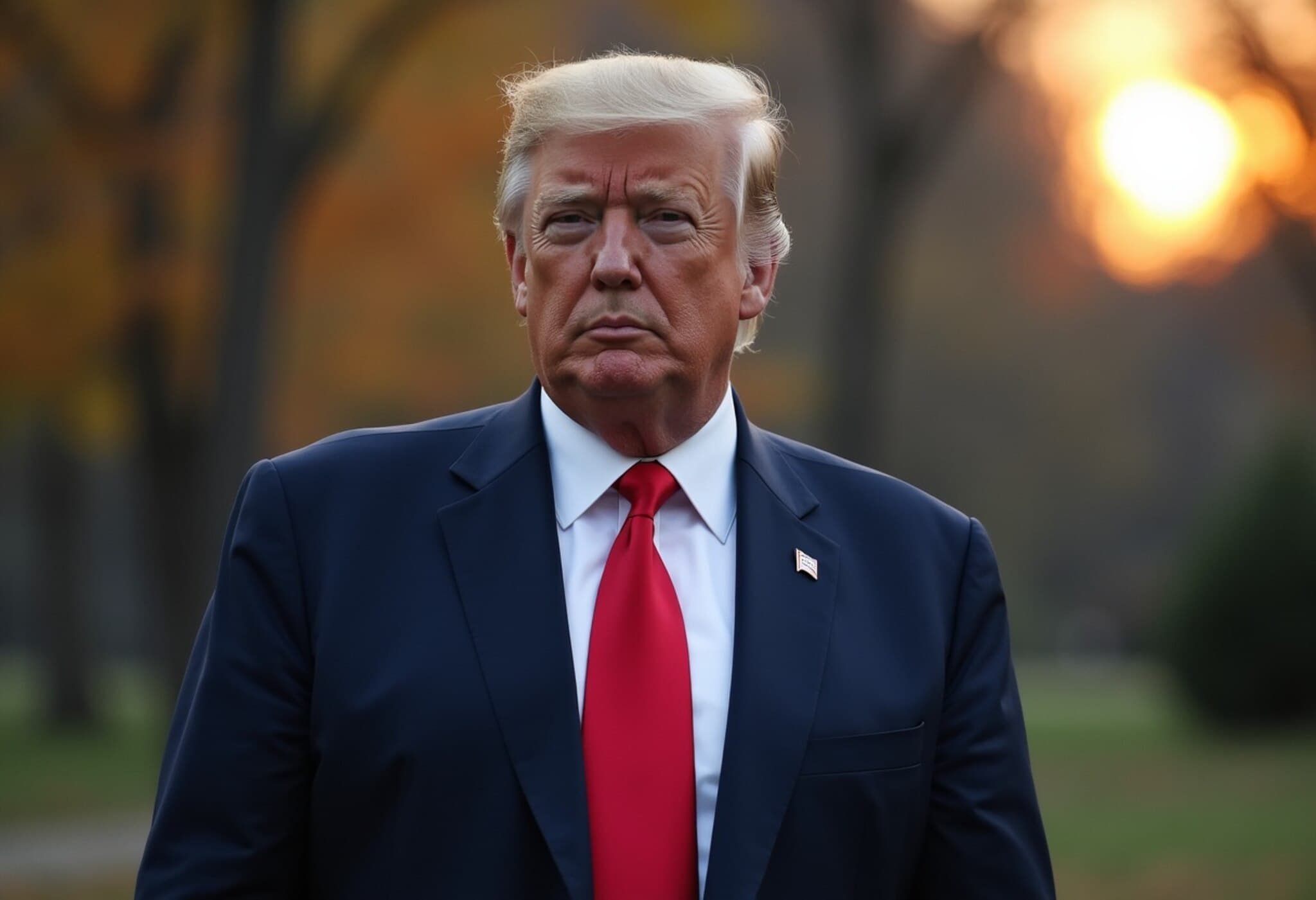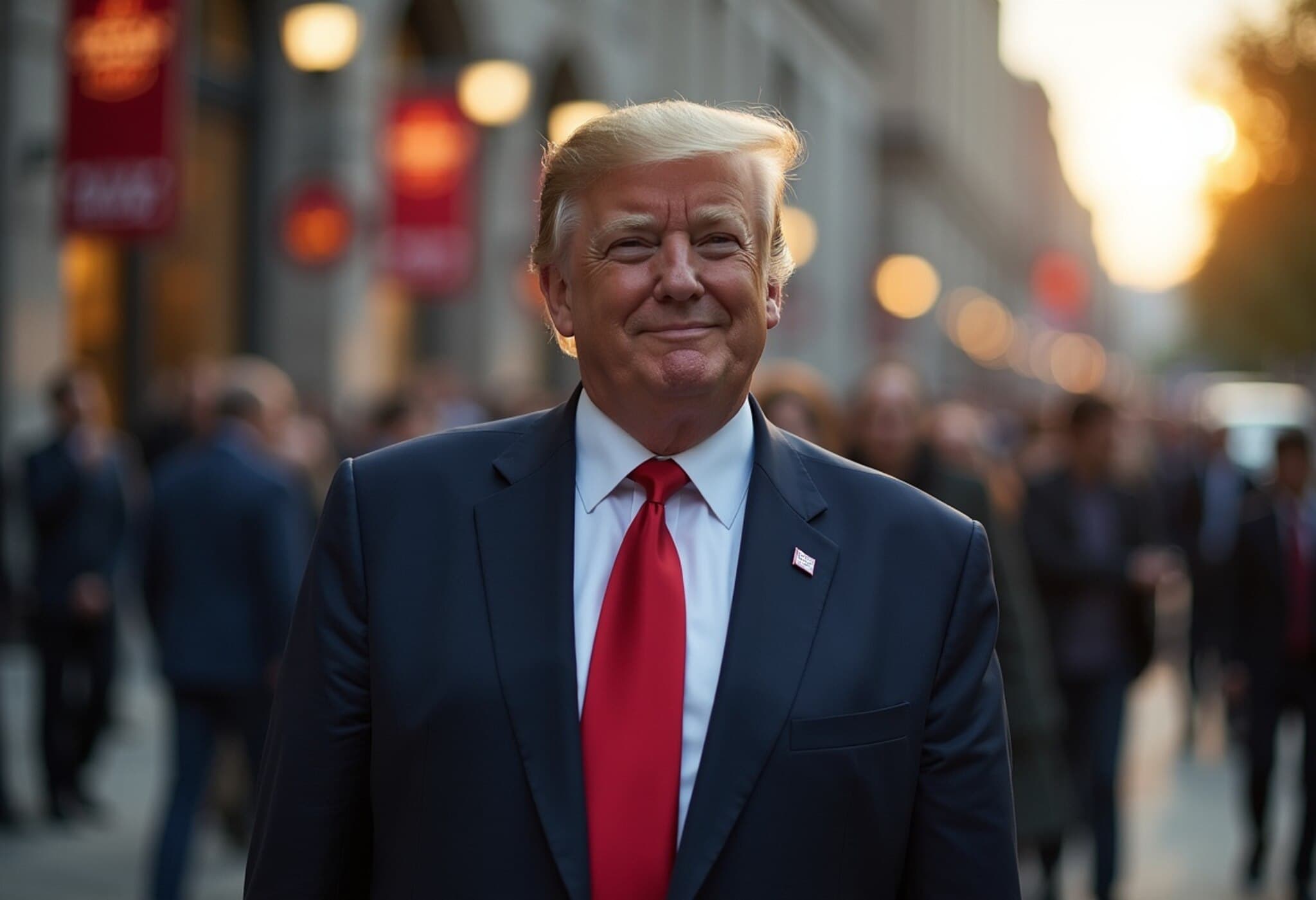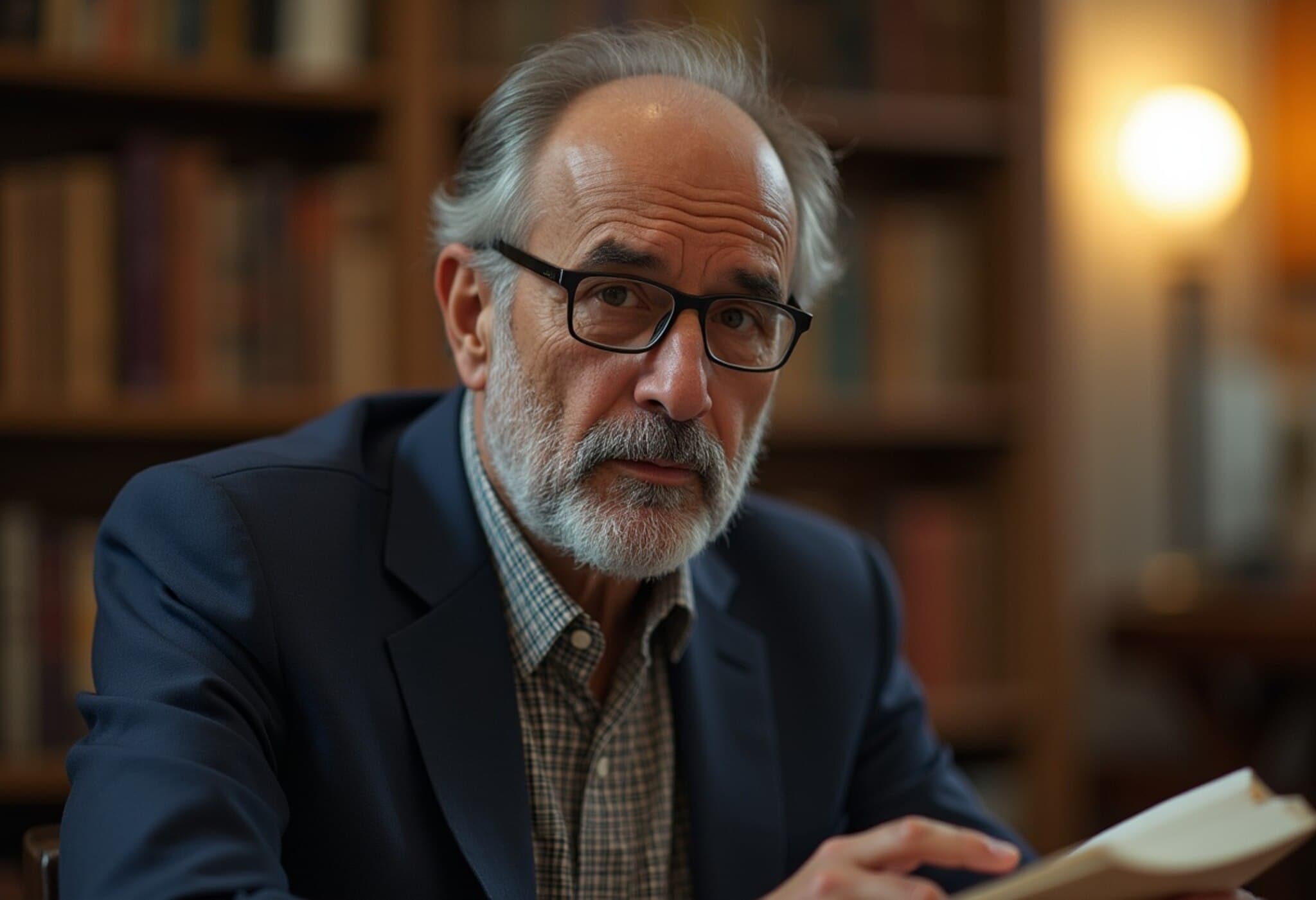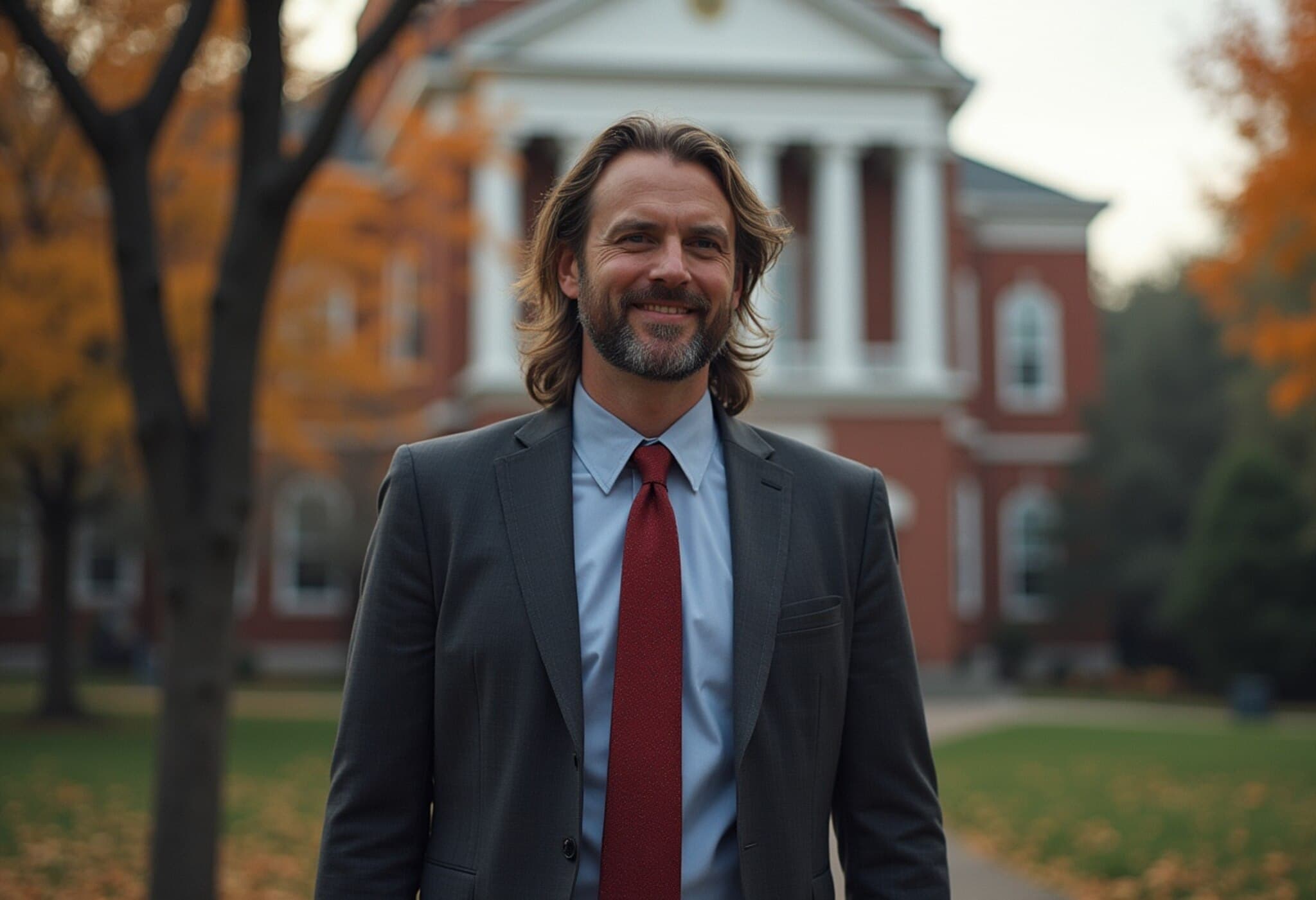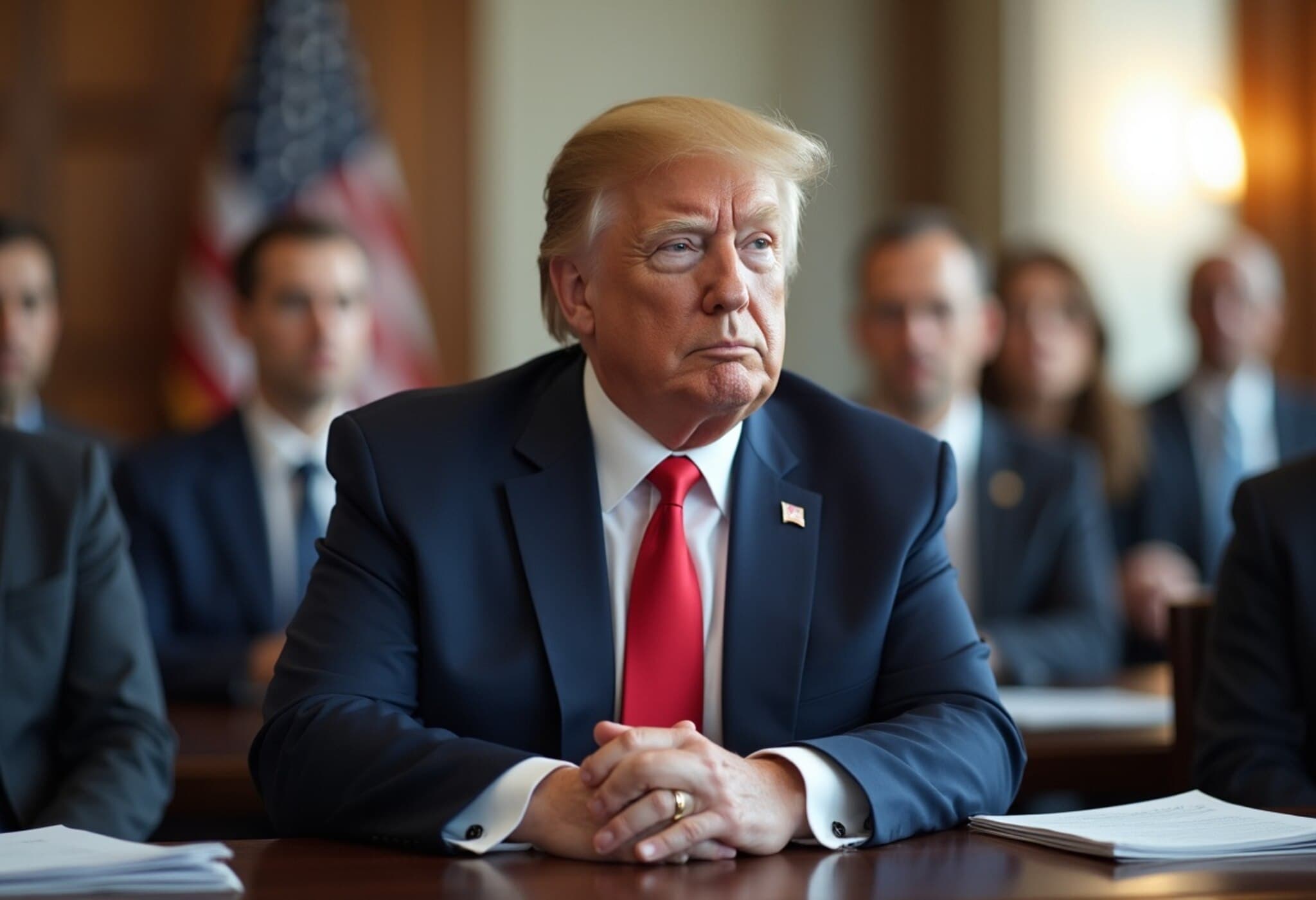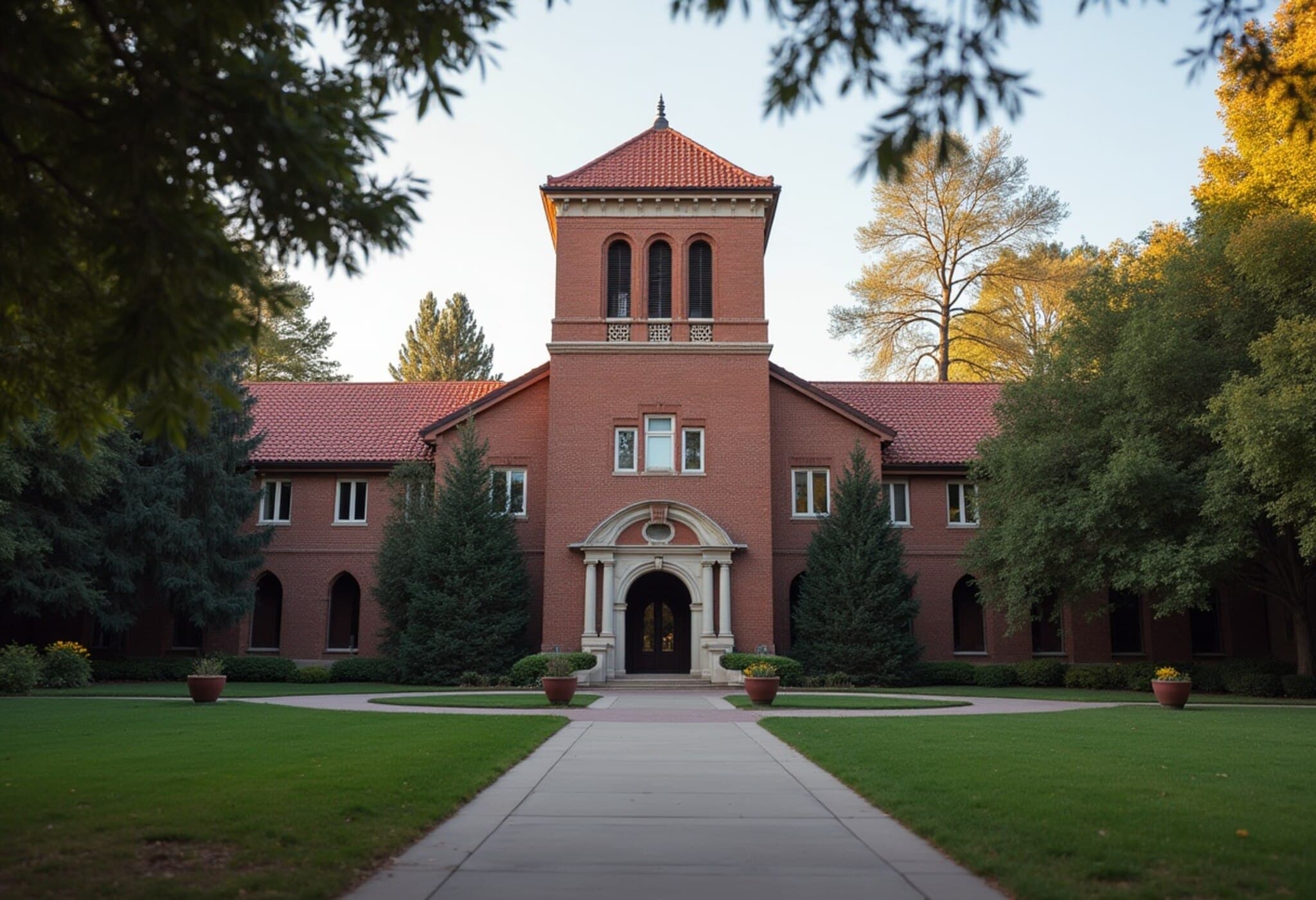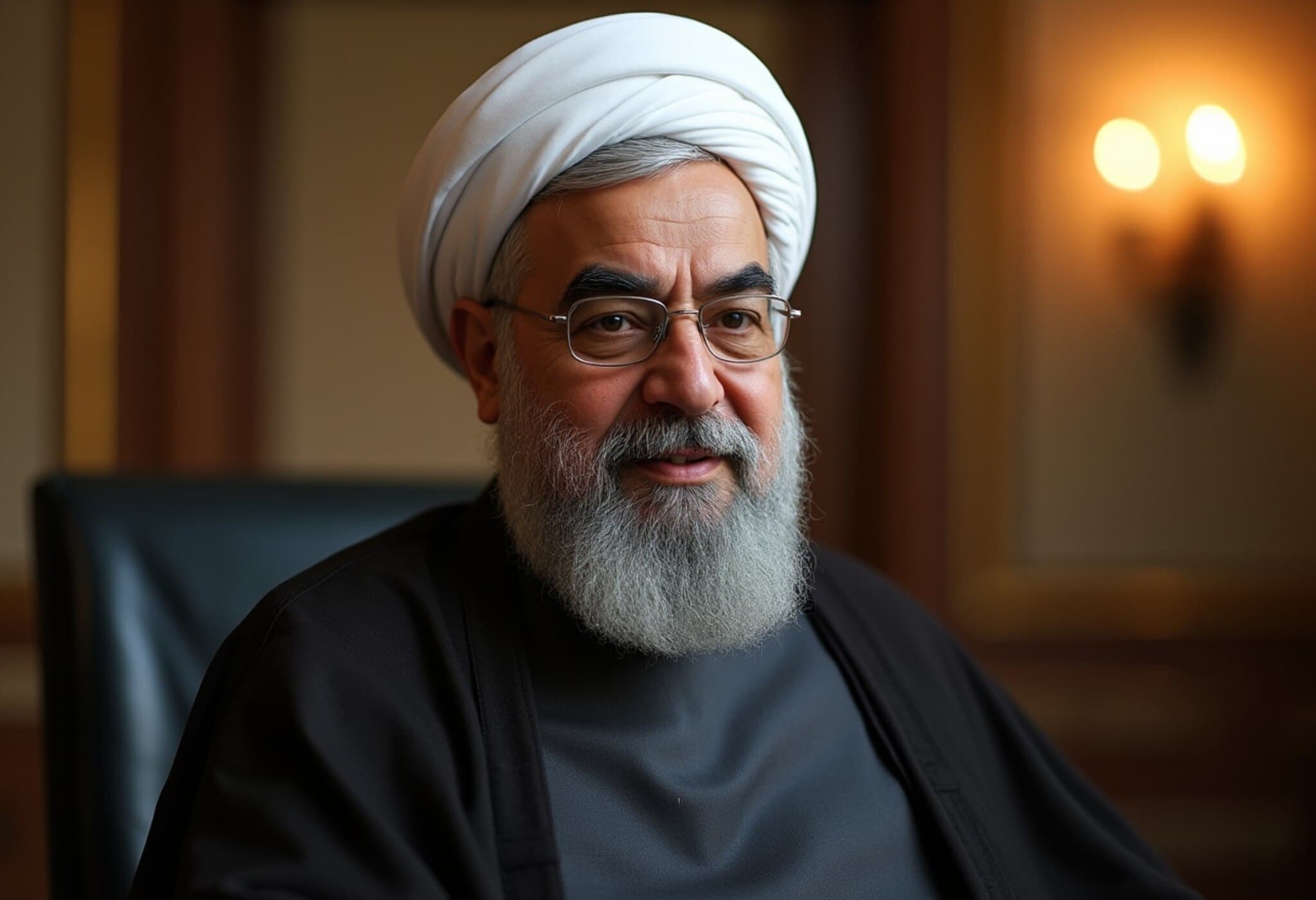States Challenge Trump Administration's Hold on Critical After-School Program Funds
In a significant legal move, more than 20 U.S. states have sued the Trump administration over its decision to freeze billions of dollars allocated for after-school and summer programs across the country. The frozen funds primarily involve the 21st Century Community Learning Centers (21st CCLC) program, which provides essential academic support and enrichment opportunities to approximately 1.4 million children, most from low-income families.
The Heart of the Dispute: Billions Held Back
The Trump administration has withheld over $6 billion in federal education grants, citing concerns about whether recipients’ programs align with its policy priorities. Among these funds, a notable portion dedicated to after-school and summer learning initiatives remains frozen, sparking fierce criticism from Democratic-led states and educators. California leads the coalition of states filing the lawsuit, which argues that withholding the funds not only violates the U.S. Constitution but also several federal statutes designed to protect ongoing educational support.
Why the Funding Freeze Threatens Vulnerable Communities
For millions of working families, after-school programs serve as lifelines. Children like Aiden Cazares, a rising third grader who benefits from structured activities at his local Boys & Girls Club in East Providence, face an uncertain future if funds remain frozen. These programs provide more than childcare; they offer tutoring, social skill development, nutritional meals, and safe environments for kids whose families often cannot afford private alternatives.
In states like Rhode Island, local governments have scrambled to temporarily bridge the funding gap to keep summer camps operational, but the looming question remains about sustaining after-school programs into the fall semester. Experts warn that many of the 926 Boys & Girls Clubs nationwide, as well as YMCAs and organizations like Save the Children, could face forced closures in just weeks.
Political and Economic Implications
Interestingly, the freeze disproportionately impacts school districts in Republican-leaning congressional areas. An analysis by the think tank New America revealed that 91 of the 100 districts receiving the highest grants from the frozen programs are represented by Republicans. This bipartisan tension underscores the complex relationship between federal budget decisions and local educational needs. Notably, conservative voices such as Georgia’s Republican schools superintendent Richard Woods have called for the immediate release of funds, emphasizing fidelity to congressional appropriations and the urgent needs of students.
Voices from the Frontlines: Families and Educators Speak Out
Aiden’s mother, Darleen Reyes, a single mother and state employee, encapsulates the human cost of the freeze when she reveals, “Childcare costs $220 a week — I simply can’t afford that. Without these programs, I might have to leave my 14-year-old at home alone, sacrificing his opportunity to work and play.” Her concerns mirror those of thousands of families nationwide who rely on affordable, trustworthy after-school care.
Similarly, nurse Fernande Berard shared how the potential shutdown of local summer programs could disrupt her family's delicate balance between work and childcare, especially since her husband drives for Uber and flexible hours are essential.
Historical and Policy Context
The 21st Century Community Learning Centers program has a long-standing track record of bridging educational gaps, especially for underserved communities. Organizations like the Boys & Girls Club are widely recognized for their apolitical commitment to youth development — underscored by bipartisan Congressional resolutions honoring their 165-year history.
As Mike Petrilli, president of the conservative Thomas B. Fordham Institute, cogently observed, it's likely that most of the grants will ultimately be approved following review, though uncertainty continues to weigh heavily on affected communities.
Looking Ahead: What’s at Stake?
- School Year 2025-26: Programs risk closure before the fall semester begins as funds remain withheld.
- Economic Strain: Increased childcare costs could push families deeper into financial hardship.
- Educational Equity: Delays exacerbate educational disparities, particularly in low-income and minority communities.
- Political Dynamics: The controversy reveals deeper partisan divides on federal education priorities.
Editor's Note
The legal battle over after-school funding highlights a critical intersection between federal policy, state-level educational needs, and family wellbeing. As autumn approaches, the pressure mounts to resolve this stalemate to prevent a ripple effect of closures that would deny thousands of children vital learning support and safe environments. This situation urges policymakers to balance rigorous oversight with the urgent realities facing working families—underscoring that education funding is not just dollars on a ledger but a lifeline for America’s youth.



